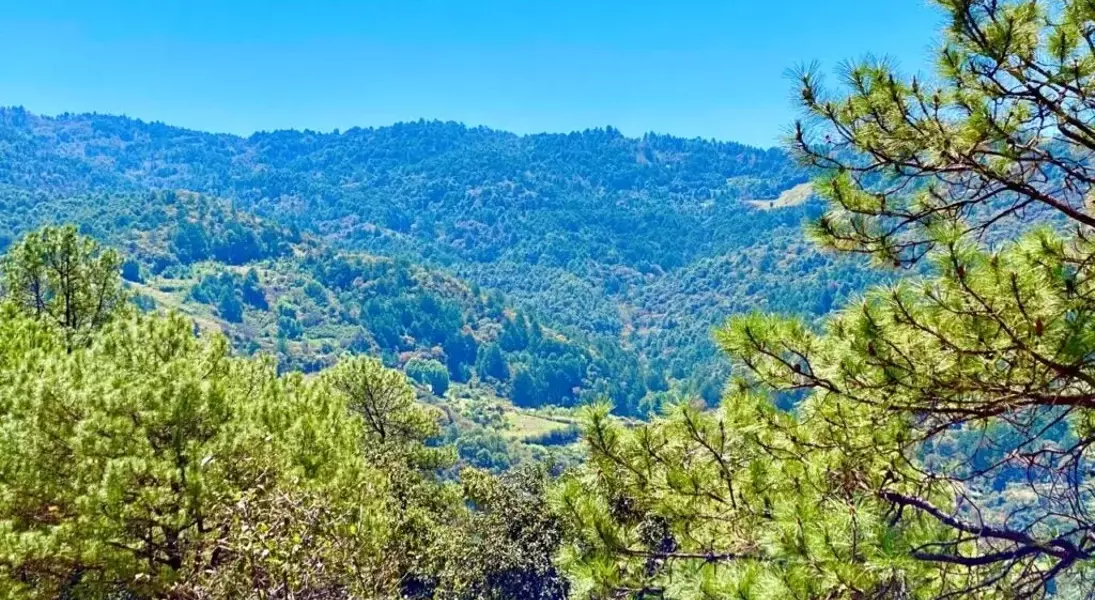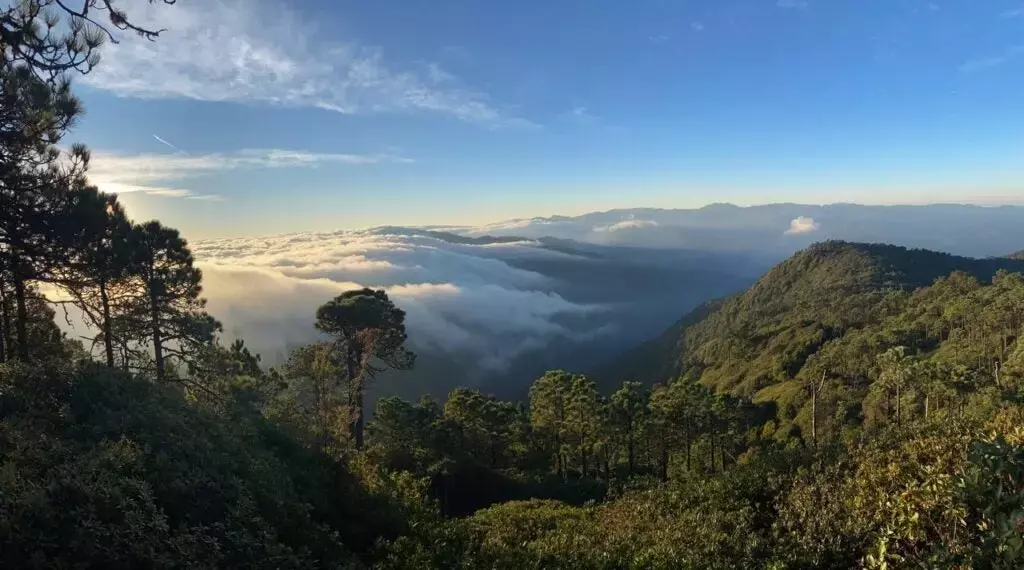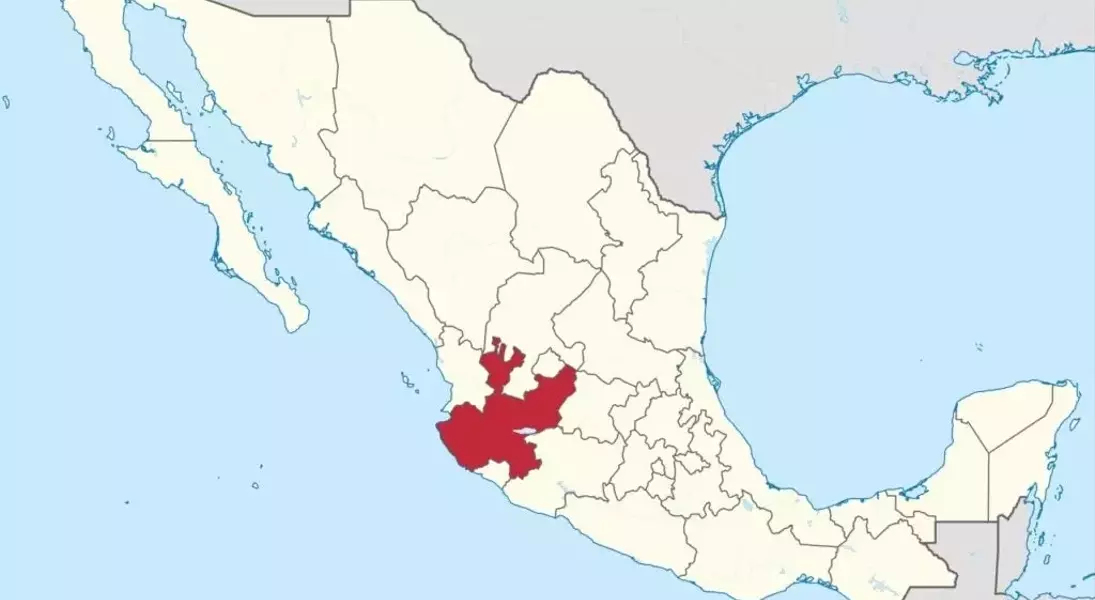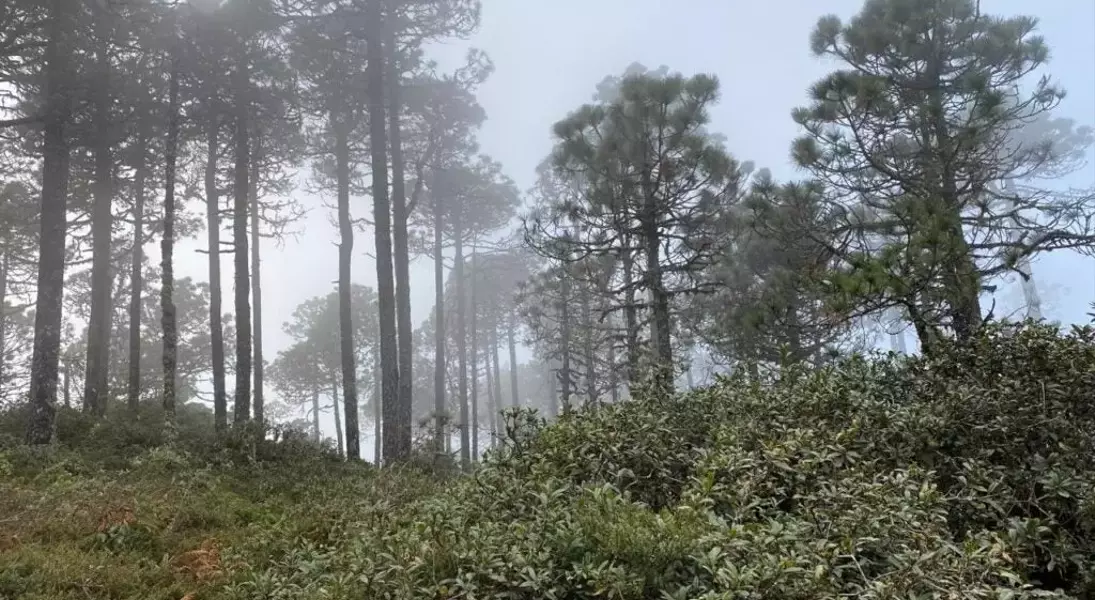Jalisco, a state in western Mexico renowned for its cultural richness and economic significance, has emerged as a trailblazer in addressing the climate crisis. By implementing an innovative jurisdictional REDD+ strategy, it seeks to protect vast forest ecosystems while fostering sustainable development. This initiative not only combats deforestation but also empowers local communities, ensuring equitable access to climate finance.
Empowering Communities, Protecting Ecosystems: How Jalisco Leads the Way
Achieving Sustainable Development Through Forest Management
The State of Jalisco boasts over 4 million hectares of forested land, which constitutes more than half of its territory. These expansive forests play a pivotal role in preserving biodiversity, regulating climate patterns, and supporting the livelihoods of numerous communal landowners known as ejidos and Indigenous groups. Between 2010 and 2020, the region experienced a remarkable 26% reduction in deforestation rates within critical areas such as the Sierra Occidental. This achievement underscores the effectiveness of comprehensive territorial strategies that integrate sustainable production incentives with capacity-building initiatives.To sustain this progress, Jalisco continues refining its approach by leveraging advanced technologies like satellite monitoring systems and fostering inter-agency collaboration. Such measures aim to curb unauthorized changes in land use, particularly those driven by expanding avocado and agave cultivation. Collaborative efforts with entities like the Tequila Regulatory Council (CRT) and the Association of Avocado Export Producers of Jalisco (APEAJAL) further enhance traceability and compliance, promoting environmentally responsible practices throughout supply chains.Pioneering Inclusive Governance Models
At the heart of Jalisco's success lies its commitment to inclusive governance, emphasizing active participation from local communities and Indigenous Peoples. Recognizing their invaluable contributions as custodians of natural resources, the state establishes dedicated platforms for dialogue and consultation. These forums facilitate the integration of traditional knowledge, concerns, and aspirations into institutional frameworks guiding carbon market engagement.Moreover, Jalisco prioritizes equity and environmental integrity when accessing high-integrity, results-based climate finance. A transparent and equitable Benefit Sharing Plan (BSP) ensures fair distribution of carbon revenues among stakeholders who have historically safeguarded these vital ecosystems despite facing significant barriers to benefit realization. This holistic approach aligns closely with recommendations from the Intergovernmental Panel on Climate Change (IPCC), advocating multi-level cooperation between governmental bodies, grassroots organizations, and financial mechanisms.Forging Strategic Alliances for Global Impact
With robust technical assistance from national and international partners, Jalisco actively prepares to engage in prestigious international schemes such as the LEAF Coalition. Participation in such initiatives enables the purchase of verified emission reductions under well-defined jurisdictional frameworks, reinforcing commitments made through Mexico's national REDD+ program and Paris Agreement obligations.The ongoing updates to the state's forest reference emission levels, coupled with the development of locally adapted safeguards information systems, underscore Jalisco’s dedication to maintaining high standards of accountability and transparency. These advancements position the state as a model for other subnational governments across Latin America seeking effective pathways toward mitigating climate change impacts while advancing social justice agendas.Unlocking Opportunities Within Communal Land Ownership Systems
In Mexico, ejidos represent a unique form of communal land ownership established post-revolutionary reforms. Under this arrangement, rural communities collectively manage designated lands primarily allocated for agricultural, livestock, or forestry purposes. Although individual members possess rights to utilize specific portions, overall ownership remains communal and cannot transition into private property status.Approximately 60% of Mexico's forested regions fall under ejido and Indigenous community control, underscoring their indispensable role in conserving natural resources. Their involvement becomes crucial in executing climate adaptation and mitigation strategies at both local and national scales. By integrating these groups into broader conservation initiatives, Jalisco amplifies its capacity to achieve meaningful emission reductions while upholding principles of environmental justice.You May Like






